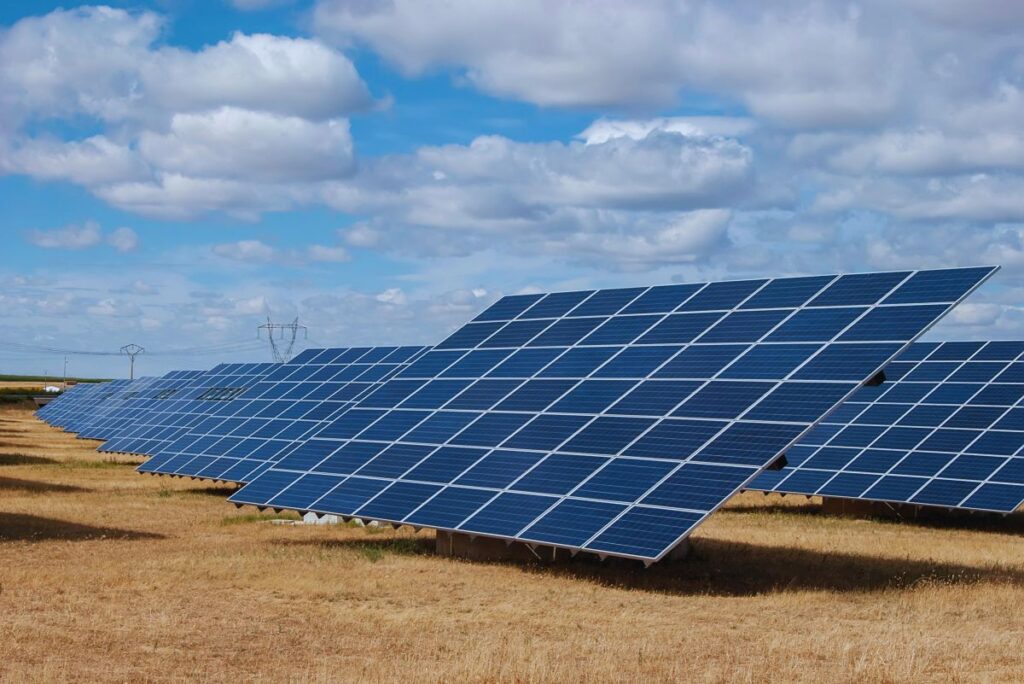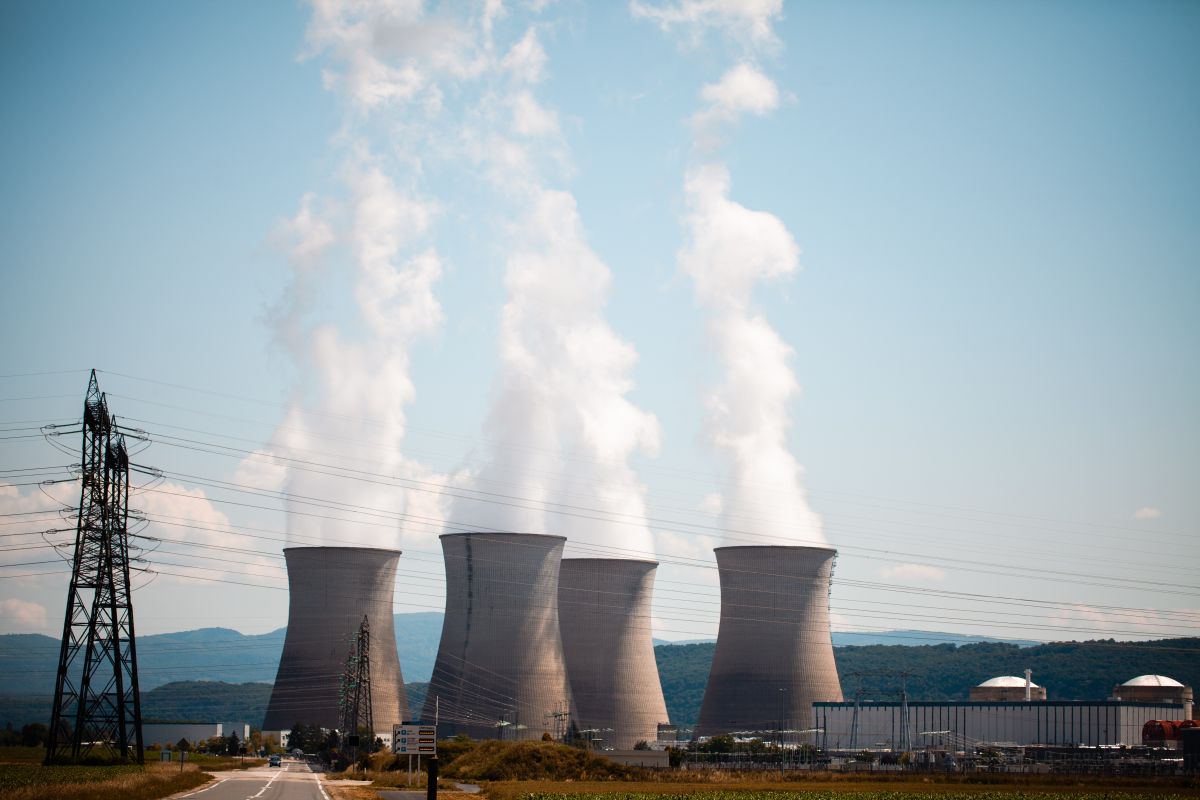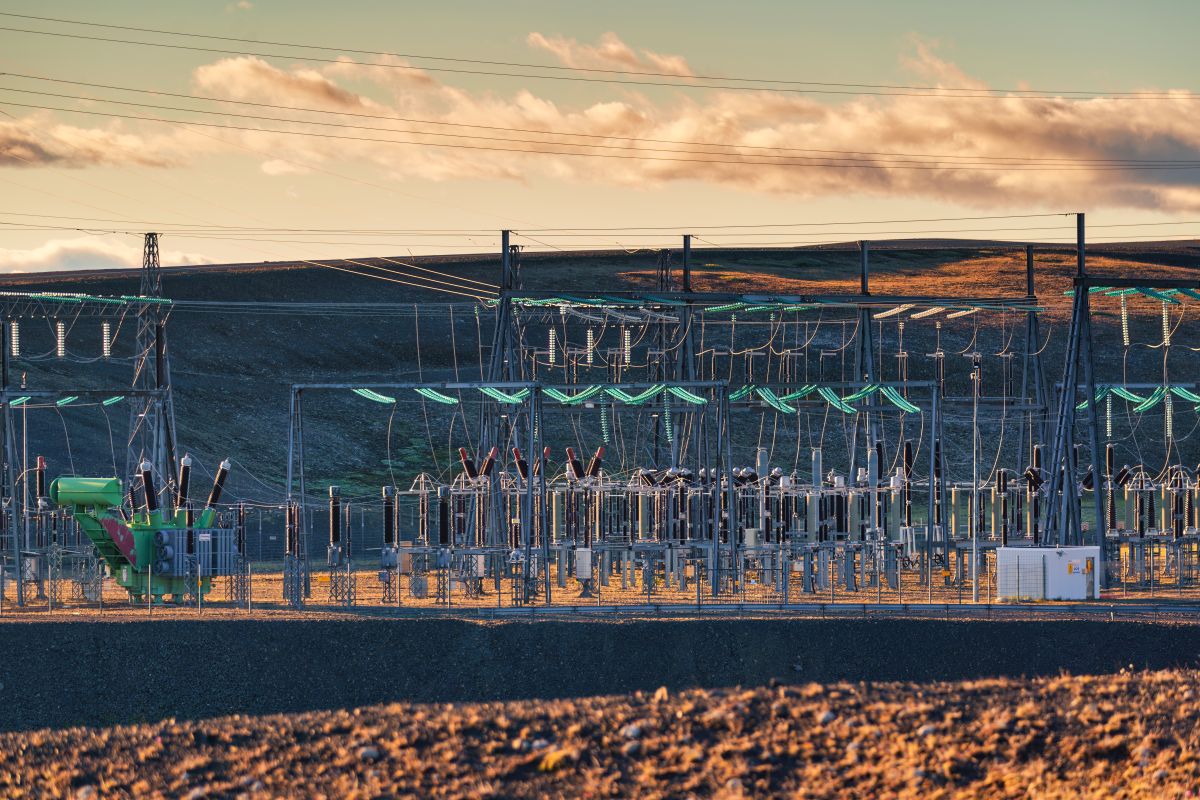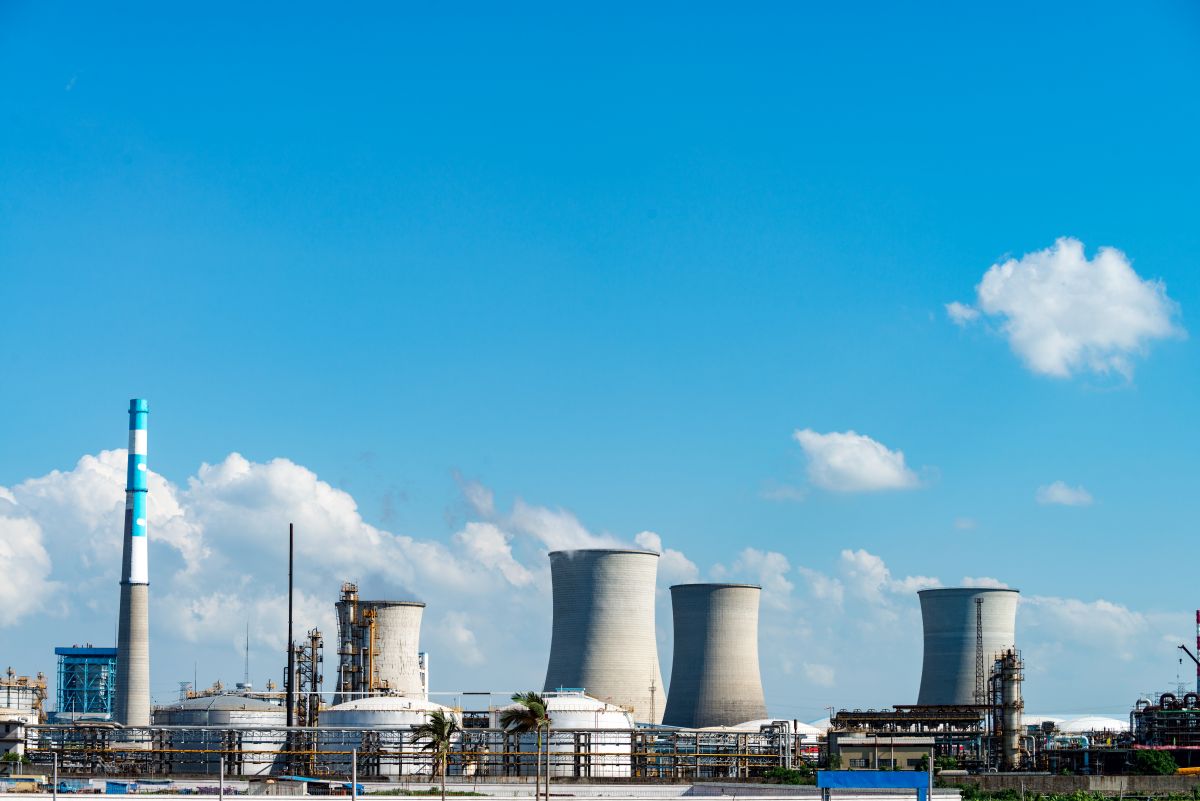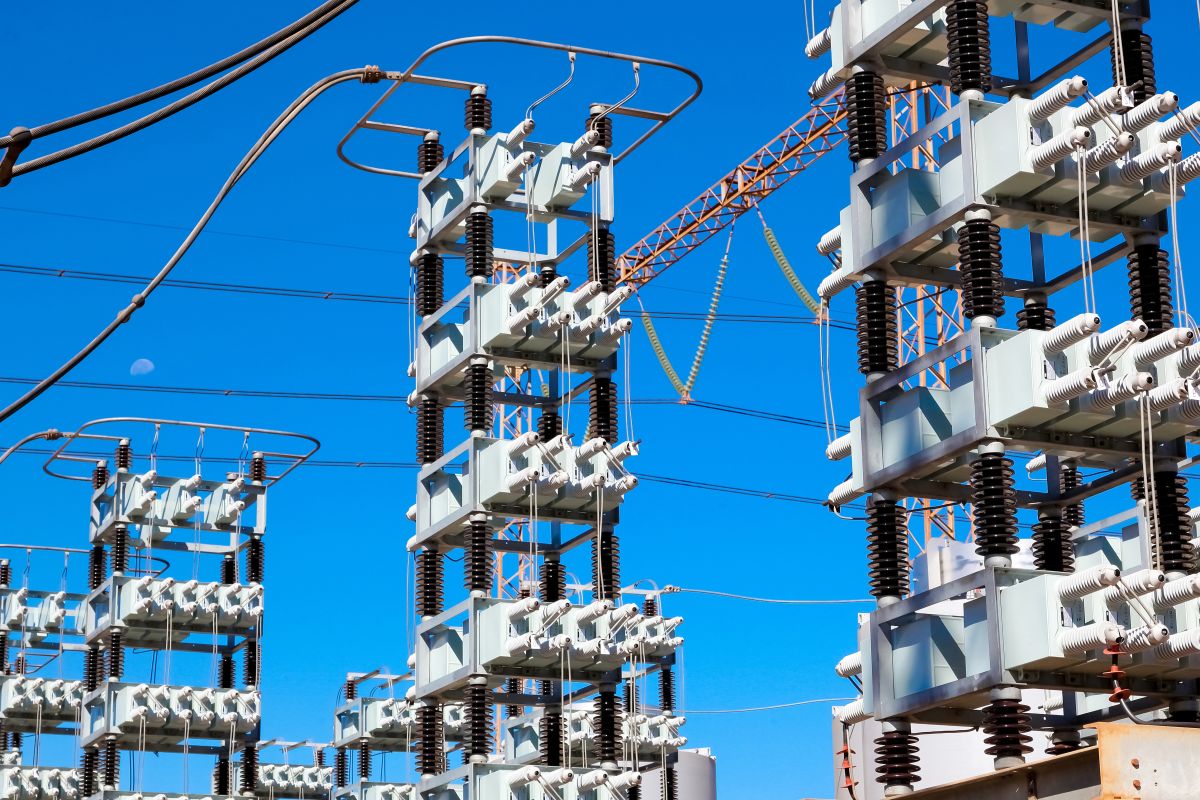The world is incorporating renewable energy at an increased rate, as the U.S. leads in the production of solar power. Solar energy has become a significant element in reducing carbon emissions and fighting the climate crisis in the country due to the development of technology solutions and increased interest in investments. Whether it is immense solar fields spreading over thousands of acres or the even more futuristic, state-of-the-art plants that are still setting the benchmark in trying to top the solar capacity, the U.S. has genuinely gigantic solar plants.
Let’s explore the largest solar power plants operating in the U.S. as of 2025, highlighting several key projects that are driving the nation’s renewable energy transition. Be it vast capacity or cutting-edge technology, these solar farms are contributing to shaping the U.S. energy system of the future.
Top 20 Largest U.S. Solar Power Plants in 2025
| Rank | Solar Plant Name | Location | Capacity (MW) | Type | Year of Completion |
| 1 | Mammoth Solar | Indiana | 1,300 MW (AC) | Photovoltaic | Phase 1: July 2024; Phases 2–3: 2025–202 |
| 2 | Copper Mountain Solar Facility | Nevada | 802 MW (AC) | Photovoltaic | 2010 |
| 3 | Gemini Solar Project | Nevada | 690 MW (AC) | Photovoltaic | 2024 |
| 4 | Techren Solar Project | Nevada | 400 MW (AC) | Photovoltaic | 2019 |
| 5 | Desert Sunlight Solar Farm | California | 550 MW (AC) | Photovoltaic | 2015 |
| 6 | Topaz Solar Farm | California | 550 MW (AC) | Photovoltaic | 2014 |
| 7 | Solar Star I & II | California | 579 MW (AC) | Photovoltaic | 2015 |
| 8 | Roseland Solar | Texas | 640 MW (DC) | Photovoltaic | Ongoing |
| 9 | Aktina Solar Power Plant | Texas | 500 MW (AC) | Photovoltaic | 2024 |
| 10 | Frye Solar Power Plant | Texas | 570 MW (AC) | Photovoltaic | 2024 |
| 11 | Spotsylvania Solar Energy Project | Virginia | 617 MW (AC) | Photovoltaic | 2024 |
| 12 | Prospero Solar I & II | Texas | 710 MW (AC) | Photovoltaic | 2024 |
| 13 | Double Black Diamond Solar Farm | Illinois | 800 MW (AC) | Photovoltaic | 2024 |
| 14 | California Valley Solar Ranch | California | 250 MW (AC) | Photovoltaic | 2013 |
| 15 | Escalante Solar Project | Utah | 240 MW (AC) | Photovoltaic | 2024 |
| 16 | Badger Hollow Solar Farm | Wisconsin | 300 MW (AC) | Photovoltaic | 2021 |
| 17 | Ivanpah Solar Power Facility | California | 392 MW (AC) | Solar Thermal | 2014 |
| 18 | Westlands Solar Park | California | 672 MW (AC) | Photovoltaic | Ongoing (2,000 MW planned) |
| 19 | Sypert Solar Power Plant | Texas | 260 MW (AC) | Photovoltaic | Expected late 2025 |
| 20 | Roadrunner Solar | Texas | 497 MW (AC) | Photovoltaic | 2025 |
Largest Solar Power Plants Leading the Charge in the U.S.
The U.S. has some of the most massive solar plants in the world, and all the plants have been relevant in making the country a renewable energy center. Among the largest plans is one for Mammoth Solar in Indiana, at a capacity of 1,300 MW (AC) upon activation. This huge project will also have a positive influence on supplying energy to a significant number of households and businesses in the region, proving the potential of solar to ensure the renewable source capacity to accommodate increased energy demands.
Other large plants like the Copper Mountain Solar facility (based in Nevada and has a capacity of 802 MW (AC)) and the Gemini Solar Project (has a capacity of 690 MW (AC)) are all in the lead in the industry as far as other large plants are concerned. These plants are fitted with the most modern photovoltaics and therefore can produce a lot of clean energy. The combination of such plants and energy storage systems would then become the solution to grid reliability, as it would be able to provide the power during the no-sun hours. All these projects highlight the importance of solar energy, which in guiding the U.S. to pursue its sustainability and climate goals.
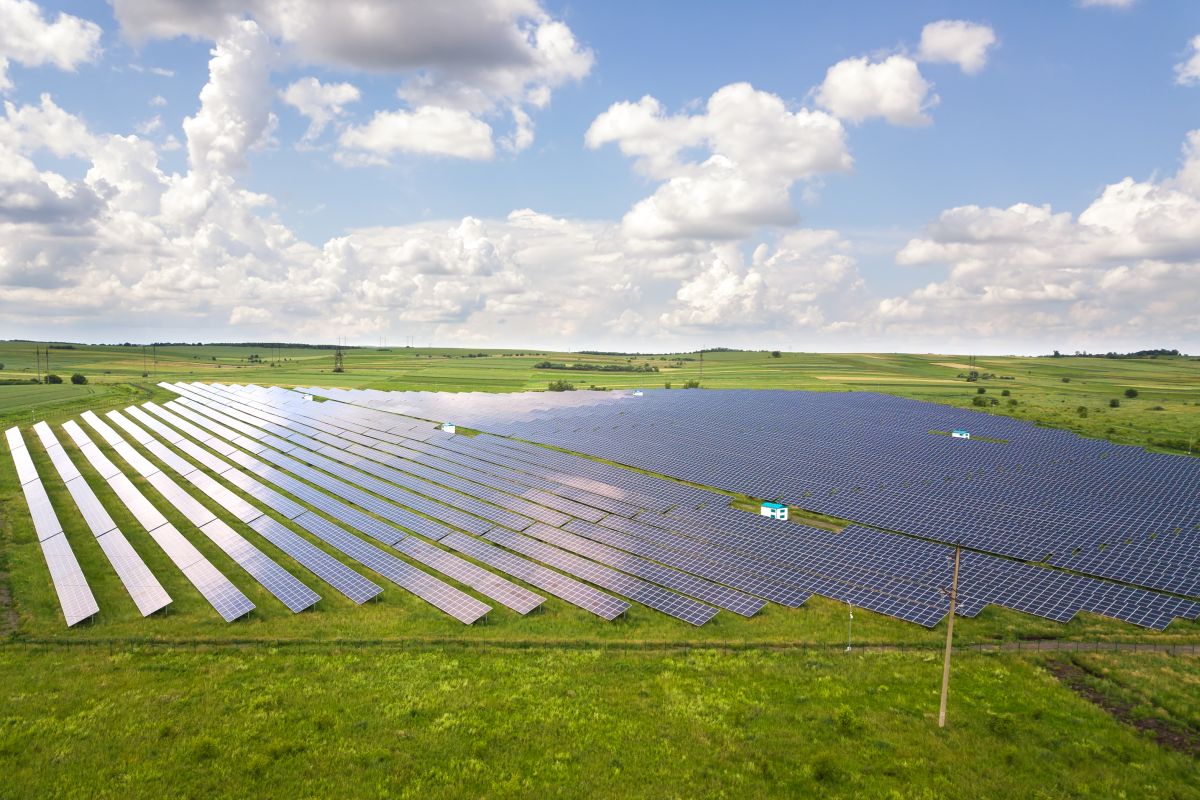
Emerging Solar Projects with Growing Potential Across the U.S.
As interest and investment in renewable energy grow, a number of new projects are being developed as the renewable energy industry seeks to keep up with climate targets and consumer demand. Another solar facility that is under construction is Westlands Solar Park, located in California, and it could become the biggest solar farm in the country with its output capacity of over 2,000 MW at full development. The first phases of development are already in progress, and the Aquamarine facility is already delivering 250 MW.
In Texas, Roadrunner Solar, which can generate 1.2 TWh annually, and Prospero Solar I and II, with a combined 710 MW (AC), are both notable projects that help Texas build its increasing solar infrastructure. Historically, Texas has been the leader in the production of oil and natural gas, but now it is a big solar power investor, and the development of renewable energy projects has become its central focus. These projects will further move the U.S. towards its ambition of adopting clean energy on a large scale, eliminating the need to depend on fossil fuels and increasing the capacity to withstand the burden on the grid.
Conclusion
The U.S. is in the process of shifting to solar energy, with new and existing projects being important facilitators of the change. Plants such as Mammoth Solar and Copper Mountain are among the largest ones that lead the way in producing solar energy and establish new standards. Meanwhile, Westlands Solar Park and Roadrunner Solar are new emerging projects that show the rising capability of solar energy in the country. Together, these undertakings are spurring unprecedented capacities, providing employment, increasing the U.S. solar presence, and building the groundwork for a stable, low-carbon power future.
1. What is the capacity of the largest solar power plant in the U.S. as of 2025?
2. How much energy does the Copper Mountain Solar Facility generate?
3. What is the capacity of the Westlands Solar Park when fully completed?
4. How many households can be powered by the Mammoth Solar project?
5. What is the capacity of the Prospero Solar I & II project?
Disclaimer: Any opinions expressed in this blog do not necessarily reflect the opinions of Certrec. This content is meant for informational purposes only.


